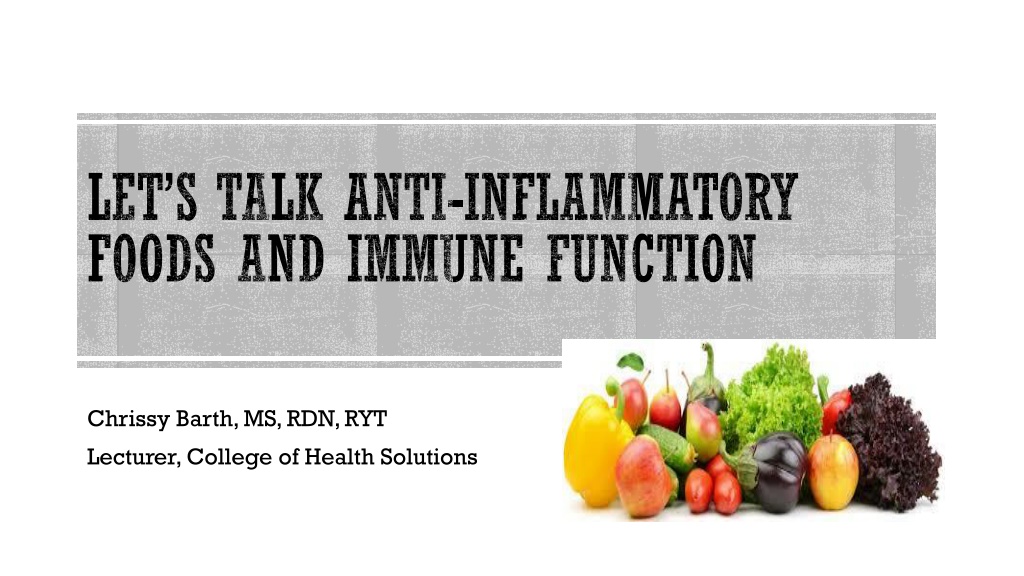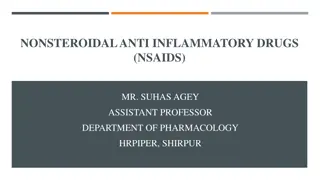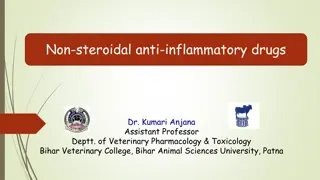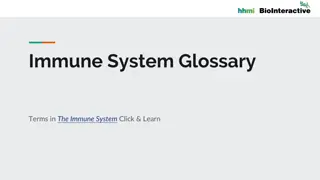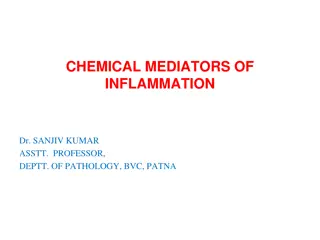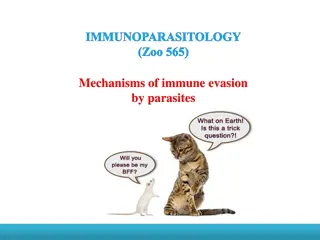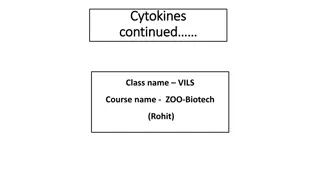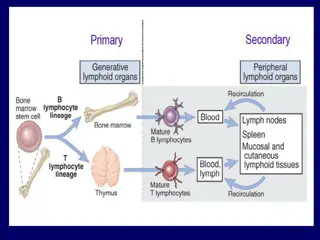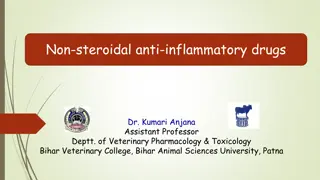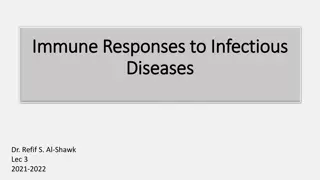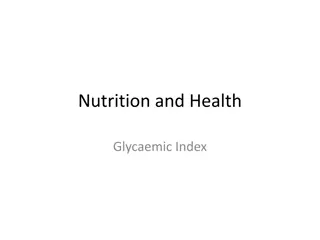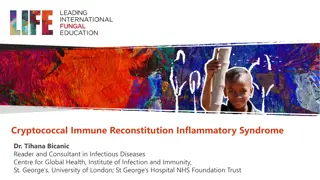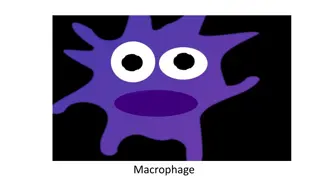Understanding Anti-Inflammatory Foods and Immune Function
Our health is closely linked to the gut microbiome, with fiber playing a key role in feeding beneficial gut bacteria. Incorporating anti-inflammatory polyphenols from plant-based sources like fruits, vegetables, and herbs can promote a healthier gut. Additionally, fermented foods act as natural probiotics, while ensuring adequate levels of Vitamin D is crucial for immune function. Overall, these dietary strategies can help reduce inflammation and support optimal immune function.
Download Presentation

Please find below an Image/Link to download the presentation.
The content on the website is provided AS IS for your information and personal use only. It may not be sold, licensed, or shared on other websites without obtaining consent from the author. Download presentation by click this link. If you encounter any issues during the download, it is possible that the publisher has removed the file from their server.
E N D
Presentation Transcript
LETS TALK ANTI-INFLAMMATORY FOODS AND IMMUNE FUNCTION Chrissy Barth, MS, RDN, RYT Lecturer, College of Health Solutions
OUR HEALTH BEGINS IN THE GUT! Microbiome = microorganisms that live in the digestive tract Bacteria, microbes, fungi, and viruses Number 100 trillion bacteria in and on our bodies (90% in large intestine) Bacterial cells outnumber human cells 10 to 1. We are 90% bacteria! Introduction to the Human Microbiome. American Microbiome Institute.
FEED YOUR FLORA WITH FIBER Gut bacteria eat (fermented) fiber. Whole plant foods are the main sources of fiber: Fruits and veggies Whole grains Legumes, nuts and seeds Link between a high fiber diet (~25-35gm) and a reduced risk of: Obesity Heart disease Cancer
INFLAMMATION, POLYPHENOLS, AND GUT BACTERIA Less inflammation a healthier gut Polyphenols (plant-based antioxidant compounds) Anti-inflammatories Gut bacteria promote polyphenol absorption Polyphenols promote growth and diversity of healthy microbiome Polyphenol Sources: Plant foods: veggies, fruits, whole grains, nuts, beans, seeds Herbs + spices: turmeric, ginger, cinnamon, oregano, and rosemary Others: tea, coffee, dark chocolate, red wine, and EVOO Hussain, T., Tan, B., Yin, Y., Blachier, F., Tossou, M. C., & Rahu, N. (2016). Oxidative Stress and Inflammation: What Polyphenols Can Do for Us?. Oxidative medicine and cellular longevity, 2016, 7432797. https://doi.org/10.1155/2016/7432797
FERMENTED FOODS Fermented foods may act as natural probiotics Fermentation is a traditional way of preserving food Fermented foods include: Dairy: yogurt, kefir Vegetables: sauerkraut, kimchi, pickles Soy: miso, tempeh Other: apple cider vinegar Jijon H, Backer J, Diaz H, Yeung H, Thiel D, McKaigney C, De Simone C, Madsen K. DNA from probiotic bacteria modulates murine and human epithelial and immune function. Gastroenterology. 2004 May;126(5):1358-73. doi: 10.1053/j.gastro.2004.02.003. PubMed PMID: 15131797.
VITAMIN D IMPORTANT REGULATOR OF THE IMMUNE SYSTEM Vitamin D deficiency is common (42% of U.S. population) May alter the gut microbiome Associated with increased inflammation in the gut Sources of vitamin D Sunlight Food: fatty fish, egg yolks, fortified foods (milk, dairy alternatives, and cereal) + sun-bathed mushrooms Supplementation Bottom line: know your Vitamin D status The Impact of Vitamin D Levels on Inflammatory Status: A Systematic Review of Immune Cell Studies. PLoS One. 2015 Nov 3;10(11):e0141770. doi: 10.1371/journal.pone.0141770.
SUMMARY: FEED YOUR FLORA NUTRITION TIPS Eat a whole foods based diet that includes good sources of fiber. Consume at least 30 different plant species each week. Include fermented foods in your diet. Limit intake of highly processed foods. Avoid artificial sweeteners. Eat food. Not too much. Mostly plants. ~Michael Pollan
